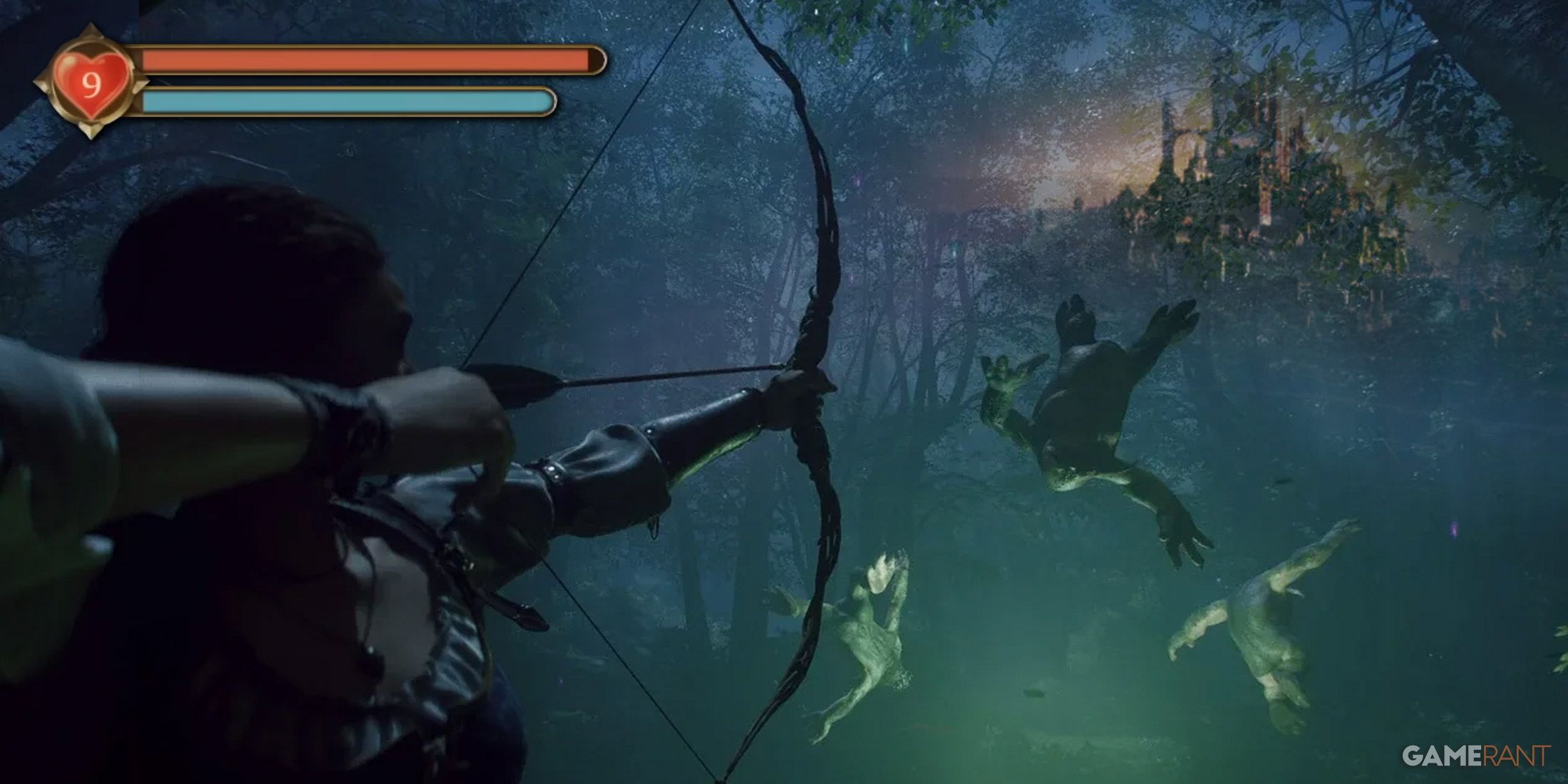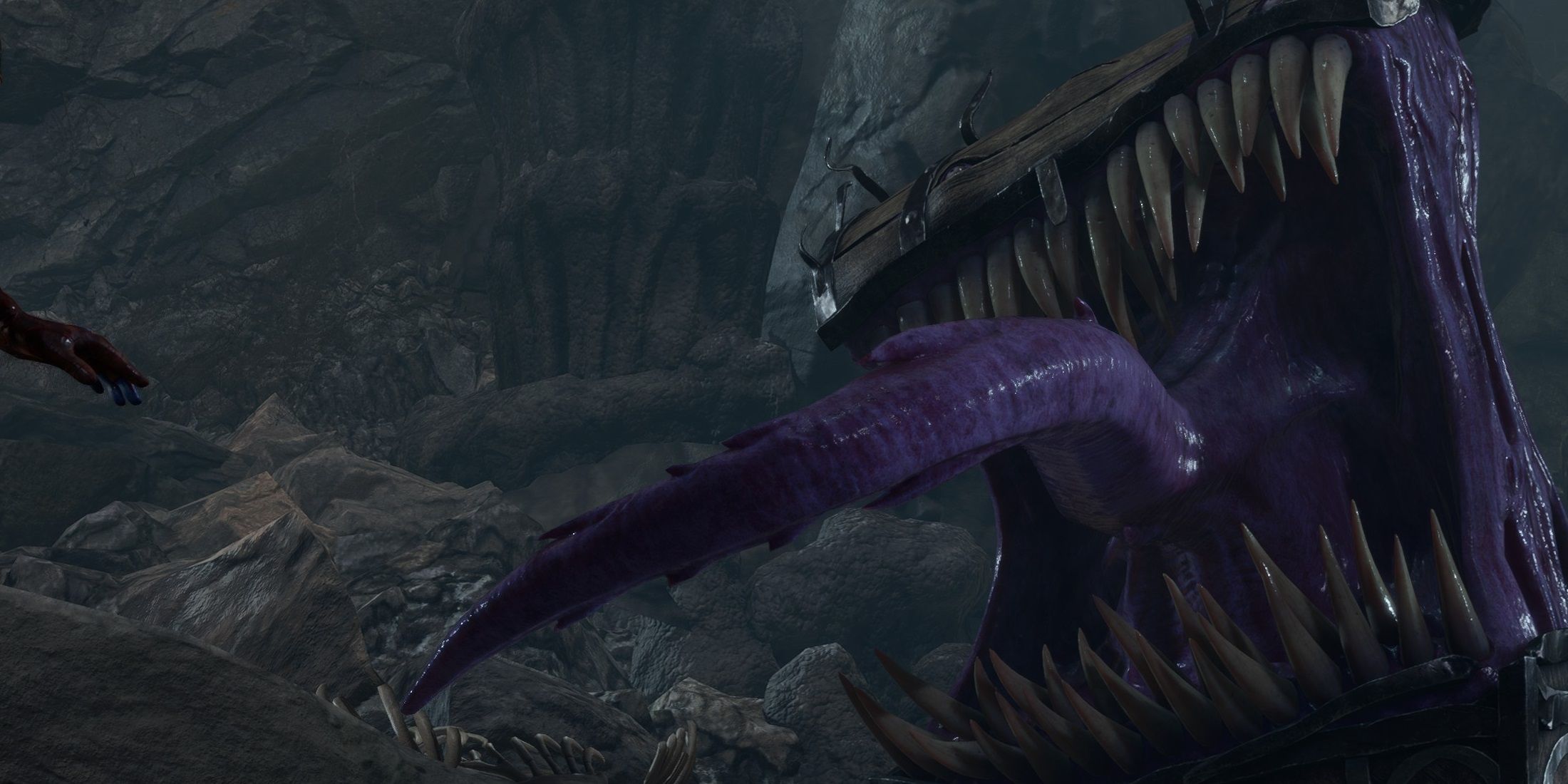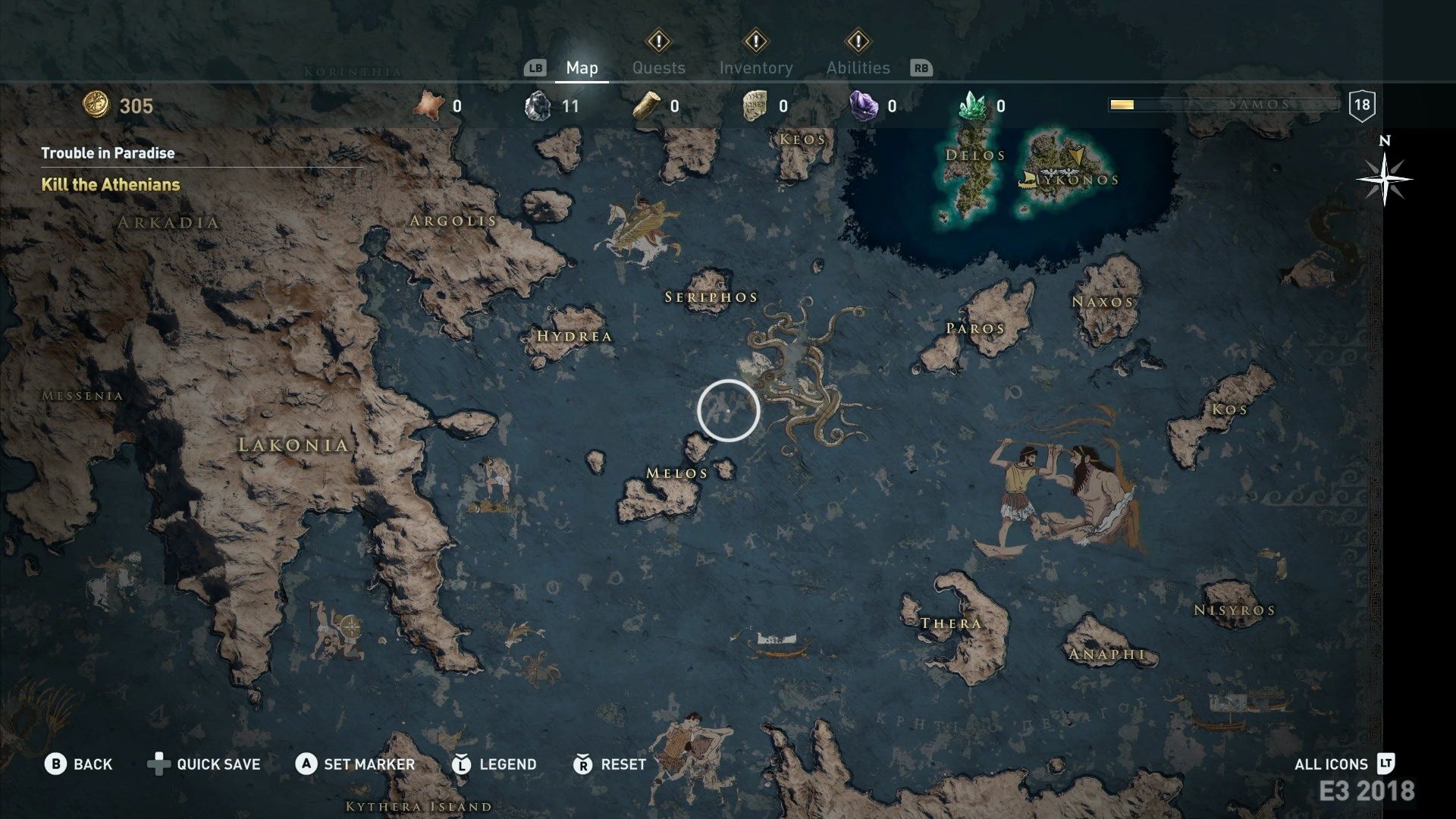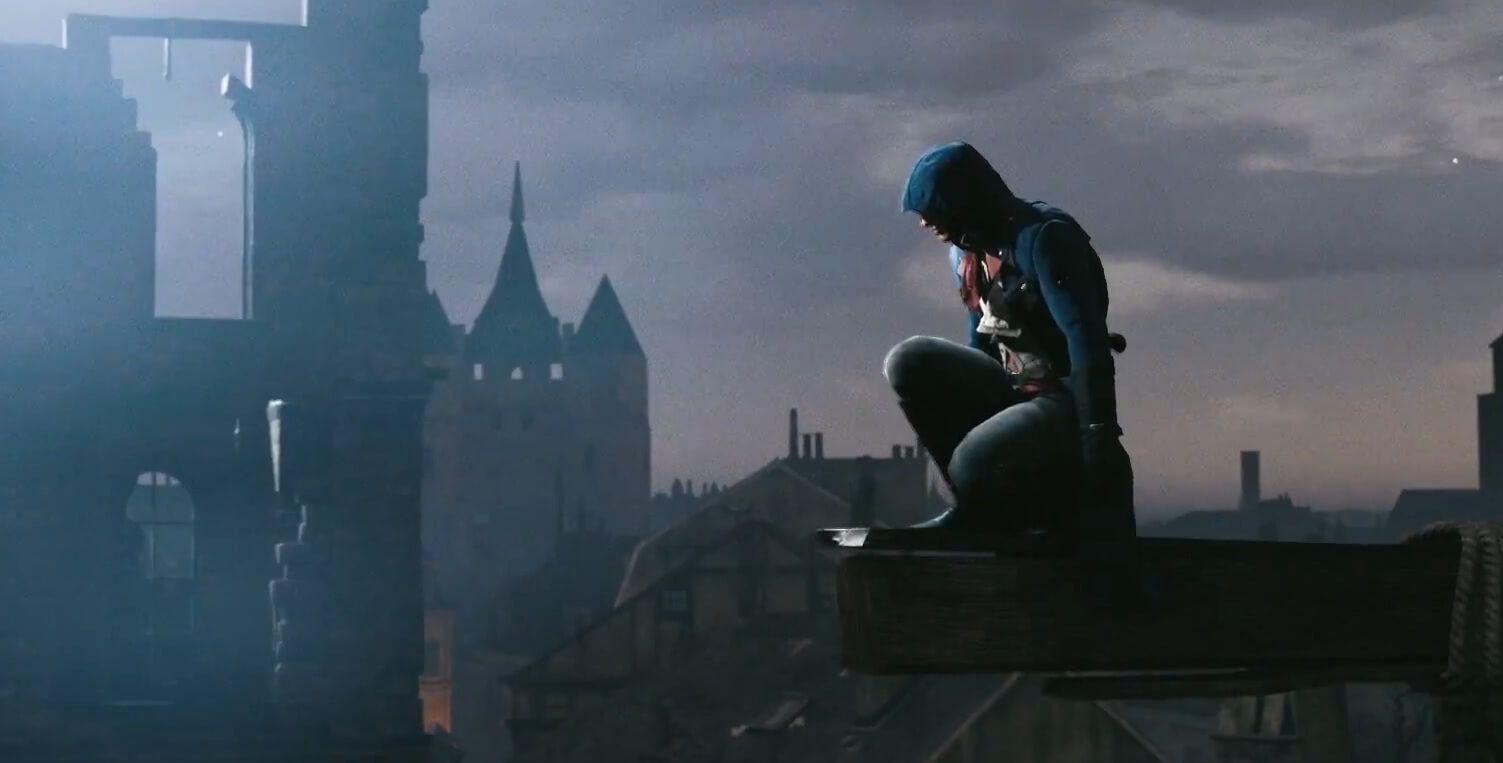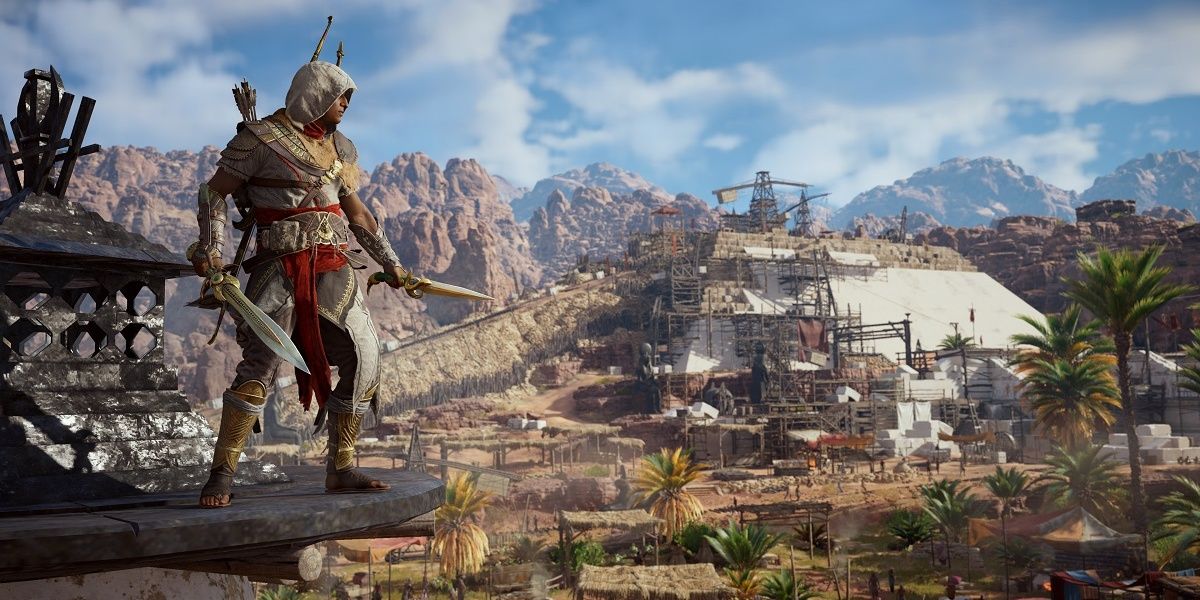Assassin's Creed's legacy has been rich with historical storytelling, wonderfully recreated settings, and combat encounters with unassuming enemies. It took over from the Prince of Persia series in 2007 and never looked back, and fifteen years after it first hit shelves it seems set to reinvent the formula once again. Mirage is the subtitle of the next entry in the Ubisoft-developed series, and it appears the franchise is returning to a pre-Assassin's Creed Origins format. This is in an attempt to get "back to basics," and many are interested in less emphasis on level-based progression and RPG elements.
However, there has been an influx of new fans to the Assassin's Creed series that were enticed by its more open-ended philosophy. Assassin's Creed Valhalla was a decent step to try and please both new fans and returning ones, but in attempting to cater to all, it fell short. The franchise is clearly in a state of change, but while there are plenty who want it to return to what they believe are the glory days, the strides Ubisoft made are too good to be abandoned entirely.
Assassin's Creed Takes Advantage of Ubisoft's Strengths
Ubisoft isn't short of open-world properties, and while Watch_Dogs, Ghost Recon, and Immortals Fenyx Rising each have their own benefits, the sandboxes of Assassin's Creed are perhaps the best known. Recreating cities like Athens, Alexandria, and London with enough historical accuracy while being designed with fun and exploration in mind is something Assassin's Creed achieves easily. Watch_Dogs 2 creates an accurate take on modern San Francisco, but the creative license needed to set a new game in a specific time period is more impressive still.
Reverting to the philosophy that the franchise abided by before 2017 would allow Ubisoft to craft settings with care, but never to the same scale of later entries. The London presented in Assassin's Creed Syndicate is strong, but lacks the broad scope of Greece in 2018's Assassin's Creed Odyssey, and as such it feels more restrictive. Ubisoft has the ability to tell well-crafted stories, but more important is its ability to embed the story in an inviting world.
'Back to Basics' Could Ruin Assassin's Creed's Exploration
The scope of Ptolemaic Egypt, Ancient Greece, and Dark Ages England gives players the opportunity to step away from the main narrative and get lost in the world. They are perfect for escapism, and give players the chance to forge their own experience, which some players find to be the best thing about the series today. Assassin's Creed Origins does a lot right, and while Bayek isn't as revered as Ezio, he exists in a game that places more emphasis on player-led exploration than intricate storytelling.
Assassin's Creed is currently in-keeping with the open-world formula consistent across the AAA space; doing away with expansive environments would be swimming against the current tide in gaming. Finding fun in all corners of a game is what players expect of any open-world in 2022, regardless of size, and Assassin's Creed has been an industry leader in pushing boundaries. "Back to basics" could be a braver undertaking than Ubisoft gets credit for.
Assassin's Creed is Stunning on a Regular Basis
While it struggles to live up to the lofty heights of open-world games like The Witcher 3: Wild Hunt and Horizon Zero Dawn, the frequency of high-quality Assassin's Creed games is nothing to scoff at. Both Assassin's Creed Origins and Odyssey released within 12 months of each other, and offered sprawling landscapes that were as different in structure as they were in location. Each Assassin's Creed title is a perfect game to play between the years-long wait for others in the open-world RPG genre.
The size of each open-world in the past three mainline Assassin's Creed games has allowed players more things to do beyond the main story. Assassin's Creed Origins was large, diverse, and content-packed to satisfy fans through the release of its successor. Assassin's Creed went from a brief, enjoyable romp through world history to a huge, epic landscape that could take months to see. Longevity is important in 2022, and ditching the formula of recent games in the series would drastically reduce the amount of time it can keep fans happy.
Assassin's Creed's Polarizing Problem
By switching to an open-world RPG formula with loot-based progression in 2017, Ubisoft created a rift among fans. Players who found comfort in Ezio's trilogy were concerned with the stark difference that Kassandra's journey brought, but fans of the latter games may not be inclined to follow the series back to its roots when the now-confirmed Assassin's Creed Mirage releases.
Attempting to recapture the magic of previous Assassin's Creed games will surely wipe away many of the technical and presentational advancements that have come over the years, and it could be a huge mistake to do away with its philosophy in a bid to reclaim the old form. New fans are equally important to the success of the series, and isolating them would be unwise.
Assassin's Creed Mirage is currently in development.


